Natural and Alternative Pet Remedies That Humans Use, Too

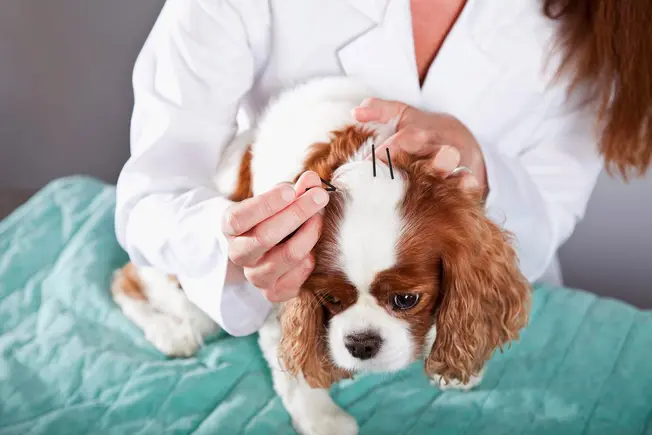
Acupuncture
This ancient Chinese healing method uses tiny needles to stimulate specific parts of your pet’s body. Acupuncture can improve organ function, soothe muscles, get the blood flowing, and release feel-good hormones. It’s good for animals with muscle or skeletal issues, skin problems, respiratory problems, or digestive troubles.

Aromatherapy
The smell of certain plants and oils is the basis for this therapy. It’s gentle and noninvasive, and it can help treat a four-legged friend who has anxiety or other forms of emotional or physical stress. Check with your vet first, though. Some essential oils can be toxic if your pet drinks them. Others could cause allergic reactions if you put them on their skin.
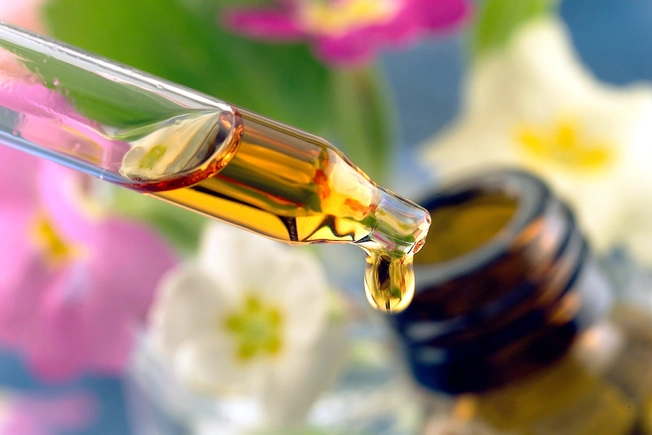
Flower Essences
Another way to harness plant power to calm an anxious animal friend is to use flower essences -- a diluted herbal solution that you can drop in their water or directly in their mouth. Often you can find this remedy as a blend of several flower essences in one.
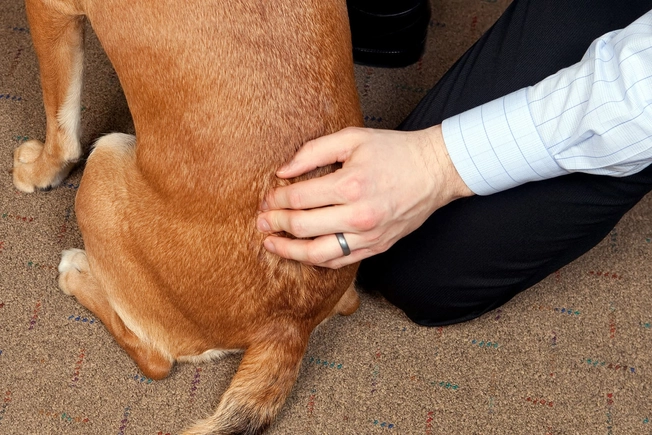
Chiropractic
Dogs or cats who have a slipped disk or pinched nerve may benefit from chiropractic. A trained practitioner uses gentle pressure on joints to realign the spine and keep feeling and function flowing in muscles, organs, and tissues. It might help with other problems too, like epilepsy, skin disorders, or behavior issues.
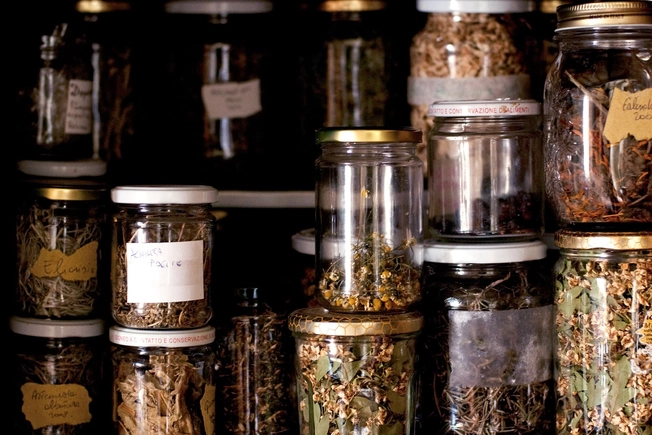
Herbal Medicine
Supplementing your pet’s diet with herbal medicine might treat digestive issues, kidney and bladder disease, parasites, skin problems, and bone or tissue injuries. It’s important not to use herbs without consulting a vet first -- some are toxic to pets, and others may cancel out when used as a combo.

Homeopathy
A vet gives your pet an extract that causes symptoms similar to the problem they already have, but the extract is diluted to harmless levels. The idea is to help his body learn how to fight off disease by building up a defense to these symptoms.
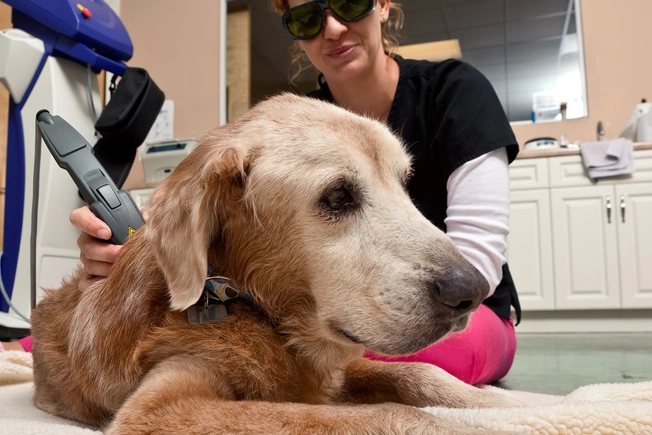
Laser therapy
Lasers or LED light used at low levels get down to the cellular level to help treat pain, inflammation, and speed up healing time for wounds. Your furry friend won’t feel a thing.

Reiki
This technique is all about energy flow in the body. A trained practitioner puts their hands just above or lightly on your pet to encourage healing and calm. You might choose this treatment for an animal who’s anxious or afraid, or has a chronic condition, or as a way to promote a peaceful transition at the end of life.
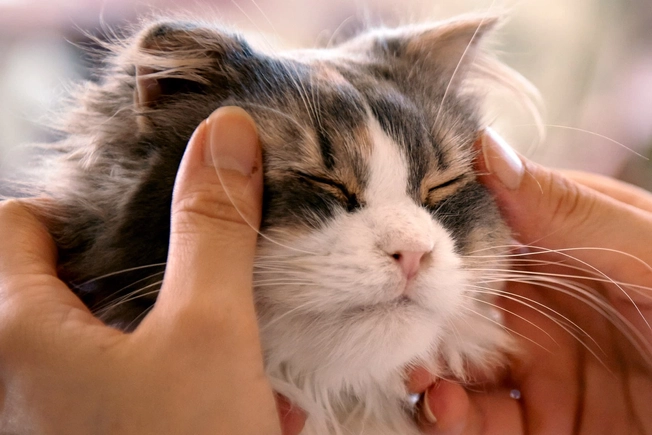
Massage
Massages are more than just a menu item at the day spa. Done right, they can ease your pet’s cramps, reduce pain from injuries, and improve circulation. Find a trained massage therapist who specializes in animals, so they know which muscles and soft tissues to target.
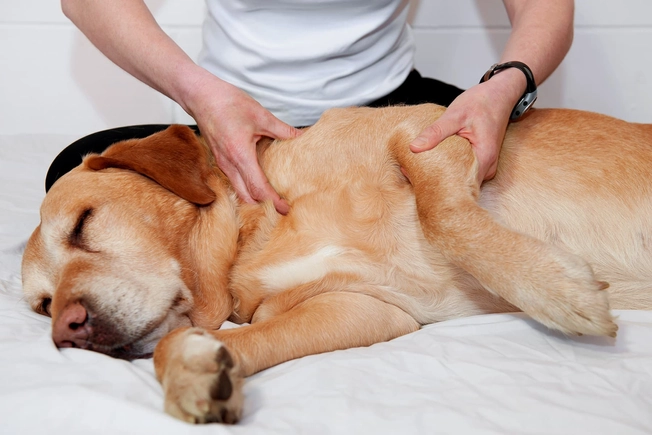
Osteopathy
This holistic approach to medicine is based on moving and handling your pet’s muscles and joints in a specific way to help their body heal itself. You might turn to osteopathy to help a pet who has trouble walking, or who has stiffness, problems holding their head well, muscle tension, or changes in behavior or digestion.

Hydrotherapy
Water can help your pet work out injured muscles without putting weight on them. Hydrotherapy may also help treat certain behaviors. A trainer will spend time with your pup (or cat, though they tend to be warier of getting wet) in a pool swimming, walking on a treadmill, or playing therapeutic games.
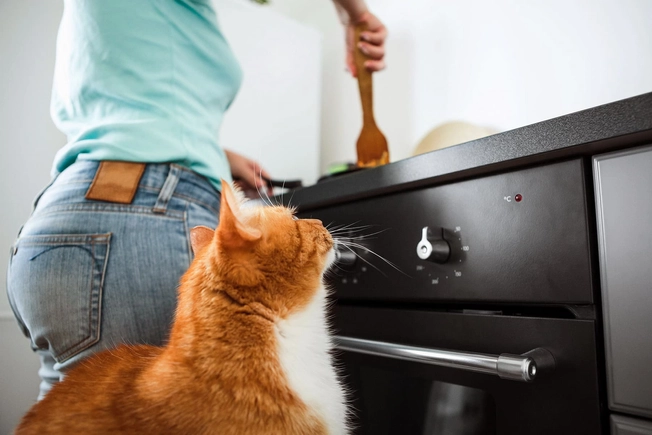
Nutritional Therapy
Your companion’s diet can have a big impact on their overall wellness. The foods you choose may also help improve certain health problems like heart disease. Together with your vet, you can craft meals that focus on the specific nutrients that best address your pet’s needs.
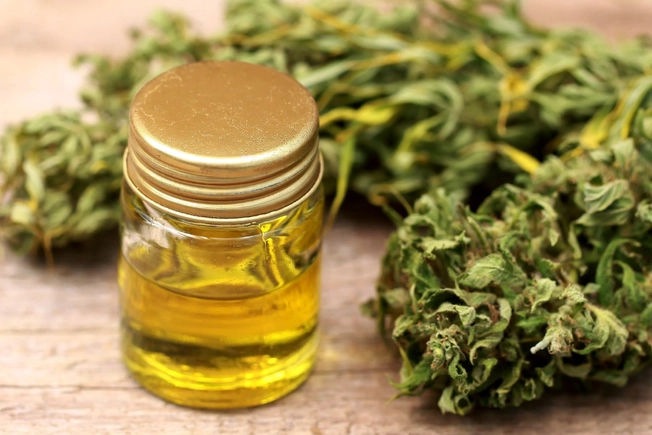
Medical Marijuana
We don't know whether medical marijuana, and specifically CBD or cannabis oil, can treat injuries and diseases in animals. And in some states, vets aren't even allowed to discuss CBD in relation to pets. You can buy cannabinoid products like treats or tinctures online or from places that sell medical marijuana. If your vet can't discuss it, ask for a referral to someone else who can. There haven’t been many scientific studies on CBD as a treatment for pets, but there is the risk of giving too much.
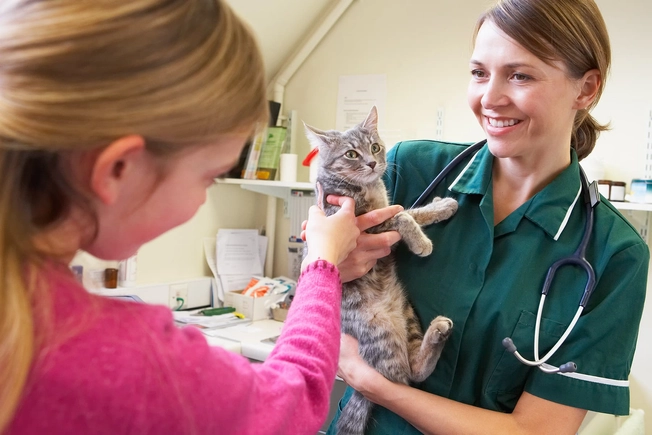
Keep It Safe
Talk to your vet before you try any natural treatment for your pet, even if it’s something your doctor has given you the OK to take. While regular medications for humans are researched and studied in clinical trials to make sure they’re safe, the same doesn’t always apply for natural treatments and supplements. That’s even more true when it comes to natural remedies for pets.